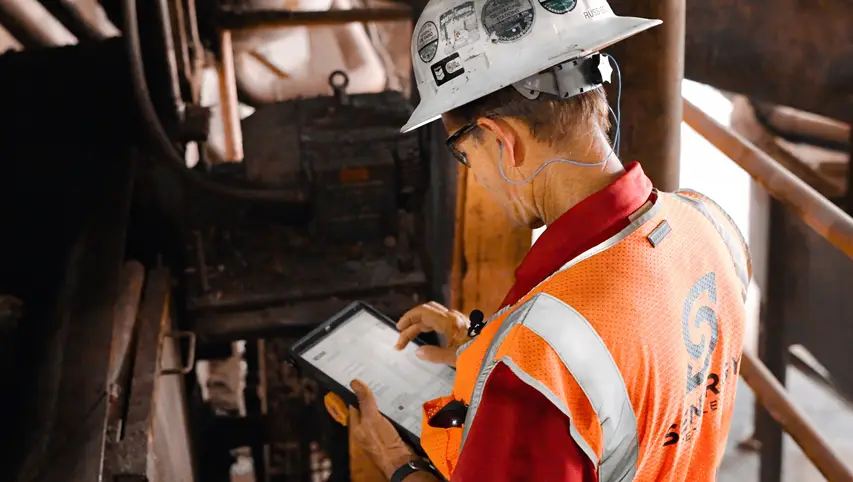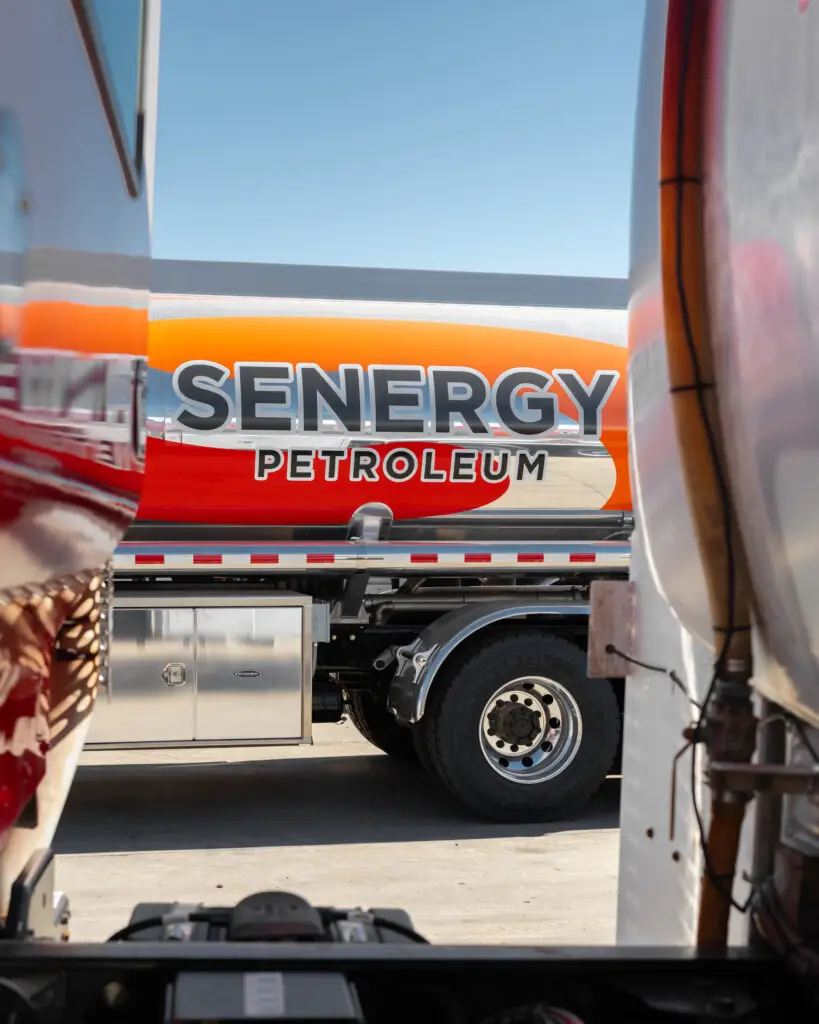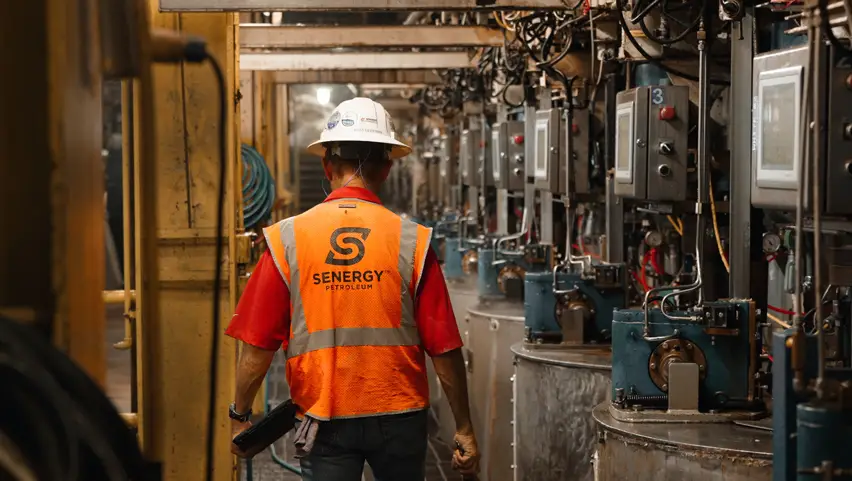Streamlining Your Business with Automated Fuel Management
In today’s fast-paced business world, efficiency is key, and companies are constantly seeking ways to streamline operations and cut costs. One area often overlooked but with significant impact on the bottom line is automated fuel management.
For businesses with vehicles or equipment that rely on fuel, managing fuel costs can quickly become a challenge. Whether you’re overseeing a fleet of trucks, delivery vehicles, or industrial machinery, fuel expenses can spiral out of control without the right systems in place. That’s where automated fueling solutions come in.
Automated fuel management systems help businesses monitor fuel usage, track consumption, and reduce waste through advanced technology. These systems offer real-time insights into what fuel is being used, where, and how to prevent potential issues like theft, mismanagement, or inefficiency. By implementing automated fueling solutions, businesses can optimize operations, reduce costs, and ensure their equipment and vehicles are always running smoothly.
Mastering the Basics of Automated Refueling Solutions
Automated refueling solutions streamline fuel management by monitoring and optimizing fuel consumption, eliminating manual logging. Traditional methods were inefficient and prone to errors, but automated systems now offer real-time optimization.
These systems use sensors, controllers, and software to track fuel levels, record usage, and dispense fuel effectively. Businesses can automatically log fuel dispensed to each vehicle or piece of equipment. This data is sent to a central database, providing full visibility into fuel consumption.
By adopting smart fuel management, companies gain insights into fuel usage, enabling better decisions on purchasing, fueling, and identifying potential waste or misuse.
The Need for Fleet Fuel Monitoring
For companies with a fleet of vehicles, managing fuel usage is crucial to minimizing fuel spending and ensuring vehicles perform optimally. Fleet managers can only effectively control fuel-related expenses by monitoring each vehicle’s fuel consumption individually. Without automation, this process would be time-consuming, relying on receipts, manual entries, and estimates, leaving room for errors and making it difficult to identify waste.
Automated fuel dispensing systems simplify this process by providing real-time analysis of each vehicle’s fuel consumption. These systems can be integrated with onboard diagnostics to track fuel pumped, refueling times, and fuel levels. Fleet managers can use this data to identify abnormal fuel usage, helping to pinpoint issues like subpar performance, fuel wastage, or engine inefficiency.
Additionally, automated fuel monitoring enables better scheduling of refueling, ensuring vehicles never run out of fuel or become overfilled. This eliminates fuel shortages and prevents unnecessary refueling stops, saving both time and fuel. By using automated fueling technology, companies can significantly reduce fuel costs and boost overall fleet efficiency.
How Fuel Monitoring Technology Increases Efficiency
Fuel monitoring technology has changed how companies manage fuel consumption. IoT and sensors provide real-time data on fuel usage, quality, and quantity. This offers insights to spot trends, inefficiencies, and potential issues early.
Real-time data is a major benefit. Fleet managers and business owners no longer need to wait for daily, weekly, or monthly reports. They can view up-to-the-minute data on desktop or mobile devices. This enables quick responses to irregularities like suspicious fuel usage or underutilized vehicles.
Fuel management systems also help detect theft. By tracking each fuel transaction and reporting how much fuel is dispensed to each vehicle, these systems make theft harder to conceal. This helps businesses protect assets and avoid financial losses.


The Role of Smart Fuel Management to Business Success
Smart fuel management leverages advanced technology to optimize fuel usage across all aspects of an enterprise, from purchasing and storage to delivery and consumption. By incorporating automatic fueling and fuel tracking systems into their operations, businesses can maximize fuel efficiency, avoid waste, and reduce extra costs.
One of the most valuable aspects of smart fuel management is its ability to accurately forecast fuel demand. With computerized systems, businesses can monitor fuel consumption patterns and predict when refueling is needed. This ensures that vehicles and machinery remain operational without interruptions due to fuel shortages while minimizing the risk of overbuying fuel, which can strain cash flow and increase storage costs. These systems help optimize fuel purchasing decisions as well.
Moreover, businesses can use real-time data to identify trends affecting fuel prices, allowing them to make fuel purchases at the most opportune times. For example, if fuel prices tend to decrease at certain intervals, companies can time their buys to take advantage of these fluctuations. By doing so, businesses can reduce their long-term fuel costs and improve their overall operational efficiency.
How to Begin Automated Fuel Management
Automated refueling systems can seem daunting at first, but the long-term benefits make the upfront investment worthwhile. The first step is to assess your current fuel management system and identify areas of inefficiency or waste. This may involve reviewing fuel reports, analyzing vehicle performance, or consulting with operators who manage refueling operations.
Next, consider your specific business needs and select a solution that aligns with them. Many automated fueling systems offer customizable features such as real-time fuel tracking, remote data visibility, and integration with other business systems. Choose a system that can scale with your business and provide the flexibility to meet your evolving operational requirements.
Once you’ve chosen the right system, focus on implementation. Proper employee training is crucial, ensuring your team understands how to operate the new system and interpret the data it provides. After installation, continue to monitor fuel usage and watch for trends. Adjust your operations as needed to maximize fuel savings and improve overall efficiency.
Boosting Efficiency with Automated Fuel Management
Automated fuel management systems are transforming how companies manage fuel usage, enabling them to cut costs, boost efficiency, and enhance overall performance.
By integrating automated fueling technology, fleet fuel tracking, and fuel monitoring solutions, businesses can streamline their fuel management processes, minimize waste, and optimize fuel consumption. These intelligent systems not only reduce expenses but also improve operational efficiency. As technology continues to evolve, these systems will only become more advanced, offering companies even greater benefits to stay competitive in a fast-paced business environment.



